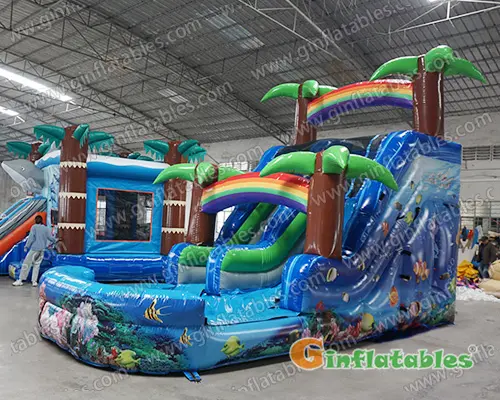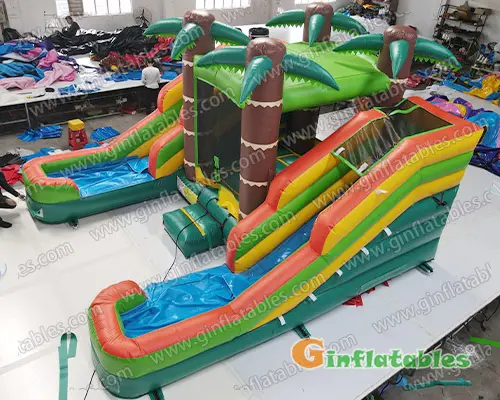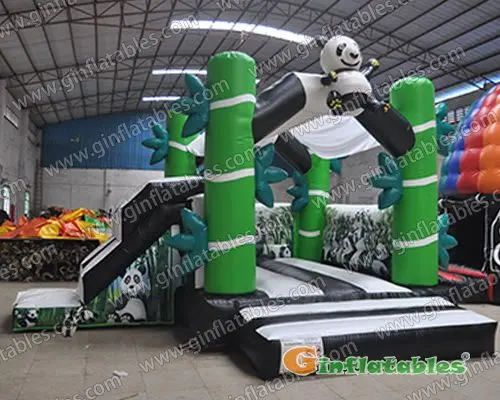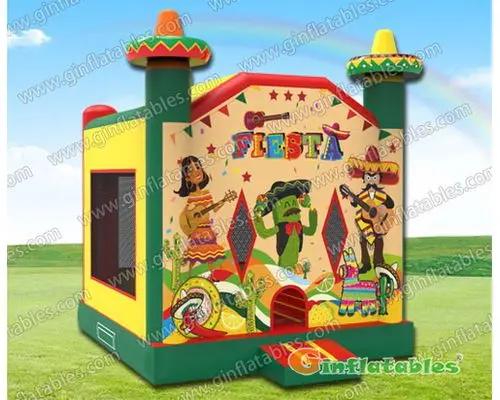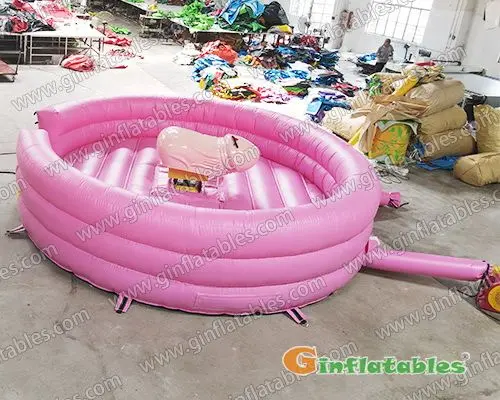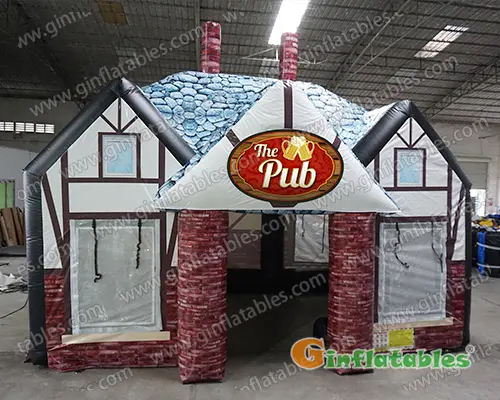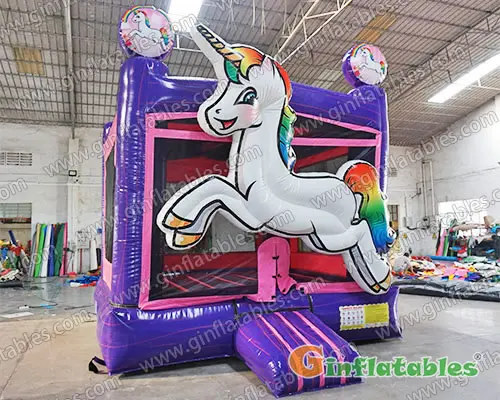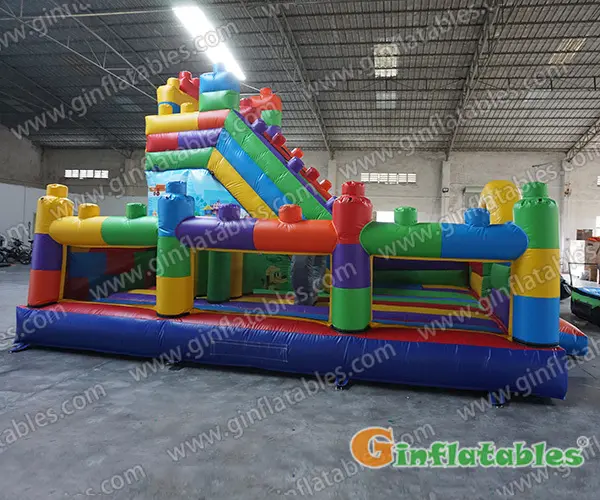How to protect your inflatable rental business from liability
When you make the first purchase of your inflatable water slide for starting the rental business, you are almost never told of the business details. As harmless as renting out super fun blow up water slides, bounce houses, obstacle courses, looks the business, just like any other needs protection from a lawsuit.
Often times people wonder why they should worry about a lawsuit if they are doing everything right. In the year 2012, about 18,800 injuries involving a bounce house and an inflatable water slide were reported by the Consumer Product Safety Commission. What people fail to see is that most of the injuries were caused not because of the inflatable itself, but because the people using them don't take the safety precautions seriously. Kids indulge in roughhousing, the adults are not careful enough and mostly unaware of what to do in case an accident happens.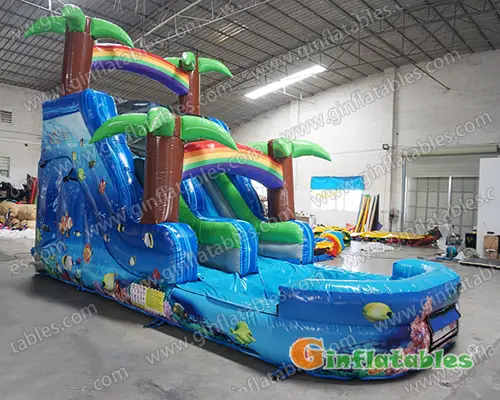
Here are some things you should consider to ascertain the protection of your business.
1.Get legal advice
Talk to a lawyer if you have legal questions. Ask his/her help for understanding the existing liabilities and let him/her help you mitigate them. A lawyer is aware of laws of the state regarding the inflatable rental business. This is more important for a new business owner because every state has different rules and codes regarding the bounce houses.
2.Liability insurance
Liability insurance of the inflatable shields the business from a possible lawsuit. Inflatable rental businesses typically see playground injuries such as sprains, abrasions, cuts. In case that happens on one of your units, you would be glad that the insurance has your damages covered.
Many people avoid renting out from businesses that are not insured, especially institutions like parks, recreation centres and churches. Without the insurance, you would lose access to large institutional customers whose frequency of renting and volume is relatively high than individuals.
3.Send trained staff
Make sure the employees you send on the site are well trained with using the equipment. Practice regular safety training. It aids in keeping the rules fresh in their minds and helps them function by the books. Maintain a log to prove your workers are trained.
It is advised to keep a member of your staff on the site for the whole rental duration. An experienced and trained operator will know what to do in case of an accident, in case there is an issue with the equipment or any such unforeseen circumstance.
4.Give clear and simple safety instructions
Make sure the instructions are concise, simple and easy-to-understand. The more difficult-to-read and confusing the instructions are the less likely are people to follow them. It is also wise to ask your clients to sign a document that says they have read the instructions and agree to follow to them. This can act as legal protection for your business. If a client claims to have not been given the safety instructions in case of an accident, the document is a proof they read and agreed to abide by them.

